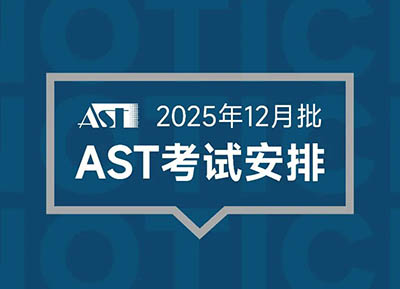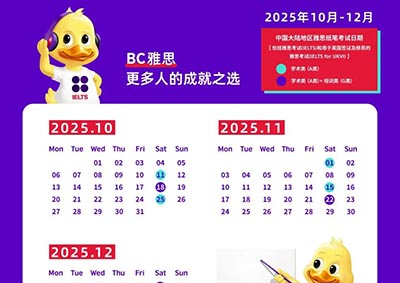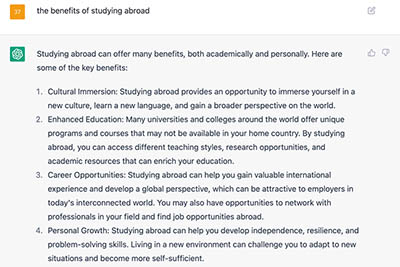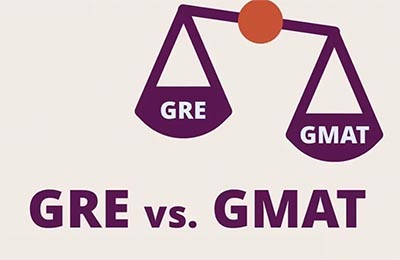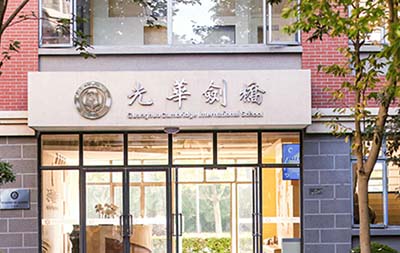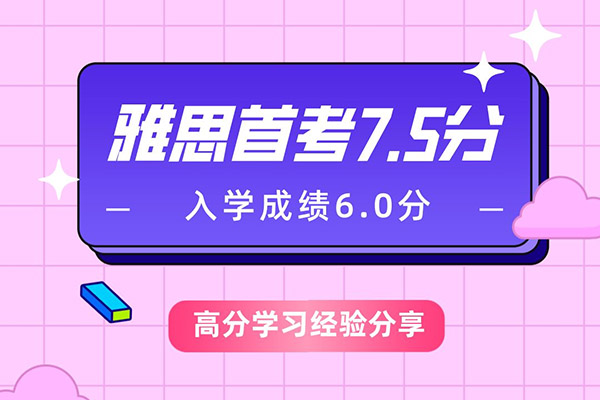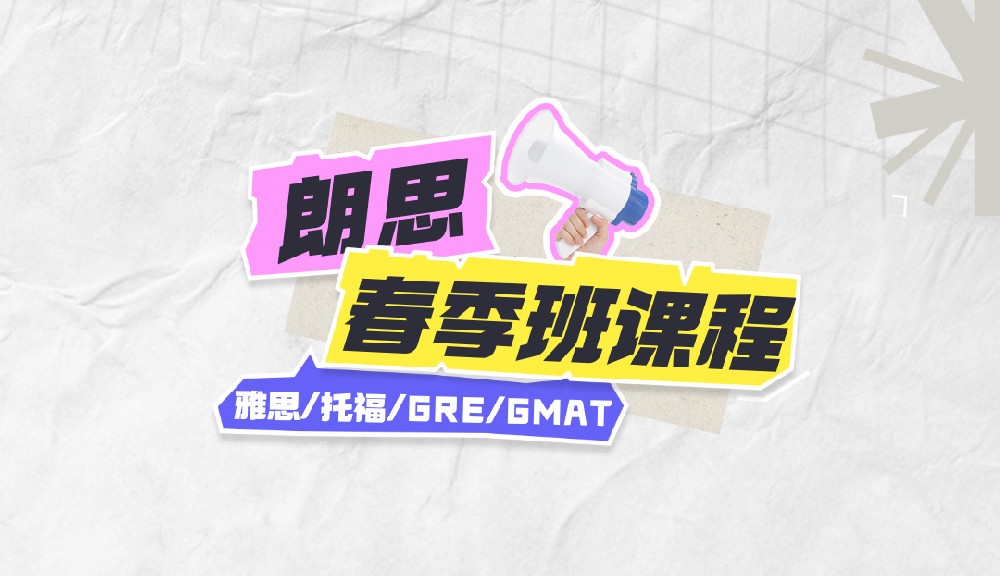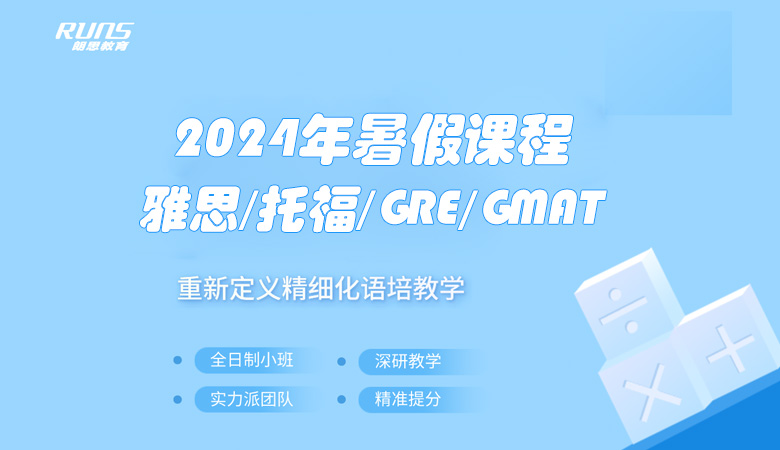2024年11月13日托福寫作真題解析,難度偏低
時間:2024-11-15
來源:網絡
作者:未知
2024年11月13日的托福考試是本年度第70場托福考試,今天的口語和寫作都是校園話題,整體上來說,該場考試的難度系數偏低的一場考試,來看考試真題吧,試試自己能拿多少分~
2024.11.13 托福學術討論寫作 【利弊題-建議類】【校園教育】 Dr. Achebe: On the day of outdoor classes, students will be transported to local parks. There, teachers will help students explore nature and learn about the environment (for example, plants and animals), environmental problems (such as pollution), and ways of addressing these problems. Do you think that outdoor classes once a month will be a worthwhile use of students' instructional time and school resources? 【具體參考思路】 Q:你認為每月安排一次戶外課程,對學生的上課時間和學校的資源投入來說,是值得的嗎? 參考思路1: 參考思路2: 2024.11.13 托福口語Task 1 【二選一】【校園教育】 Some people prefer to review for test in daytime others prefer to review for test in the evening, which do you think is better? 本場口語題目,重復的是2016年的一道題目 【具體寫作參考思路】 Q:有些人喜歡白天復習,有些人喜歡晚上復習,你更喜歡哪一種?
Kelly:We should avoid burdening teachers with additional responsibilities during instructional time. Teachers are already tasked with delivering quality education and managing classrooms effectively. Adding more duties, such as administrative tasks or non-teaching responsibilities, can divert their focus from teaching. Instead, we should prioritize supporting teachers in their primary role.
Andrew: Hands-on learning outside the classroom can help students understand environmental problems in a tangible way and spark their interest to learn more. For example, measuring air or water quality in local areas impacted by pollution can vividly demonstrate environmental threats. Outdoor learning experiences make environmental issues real to students, motivating them to care about finding solutions.
可以大立場選擇同意Andrew,但是理由一定要和Andrew不同;我們可以給出另外一個讓學生每月固定參加課外課程的好處,比如可以鞏固他們在課堂上學到的東西。比如歷史課上或者生物課上學到的知識,可以實地去到波博物館或者植物園看到課本上學到的東西,會讓大家印象更加深刻;
可以大立場選擇同意Kelly,然后提出另外一個新的理由,就是安全問題尤其是一個大隱患,尤其對于primary的孩子而言。細節可以展開去往不同的地方存在的安全隱患;
因為白天學習效率更高。比如我喜歡早睡早起,這樣能保證我有充足的睡眠(well rested),讓我的大腦更清醒(mental clarity),能夠高效學習。相反,晚上我經常感到很困,沒法集中。
因為晚上是沒其他人打擾,可以集中注意力學習。比如,晚上可以自由安排時間,不受日常事務和其他人的影響,適合制定個性化學習計劃。



